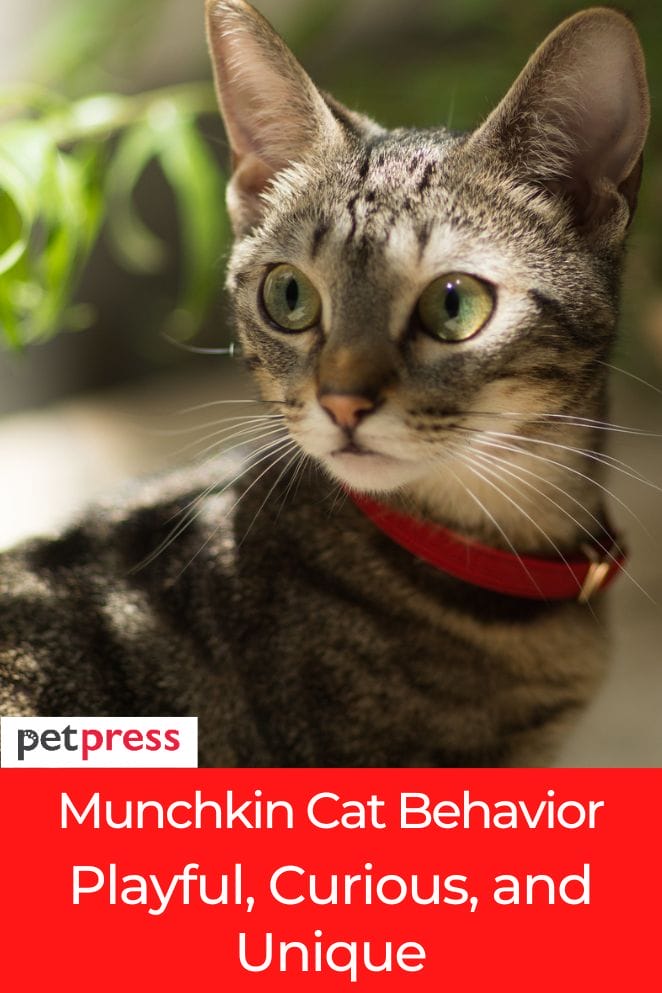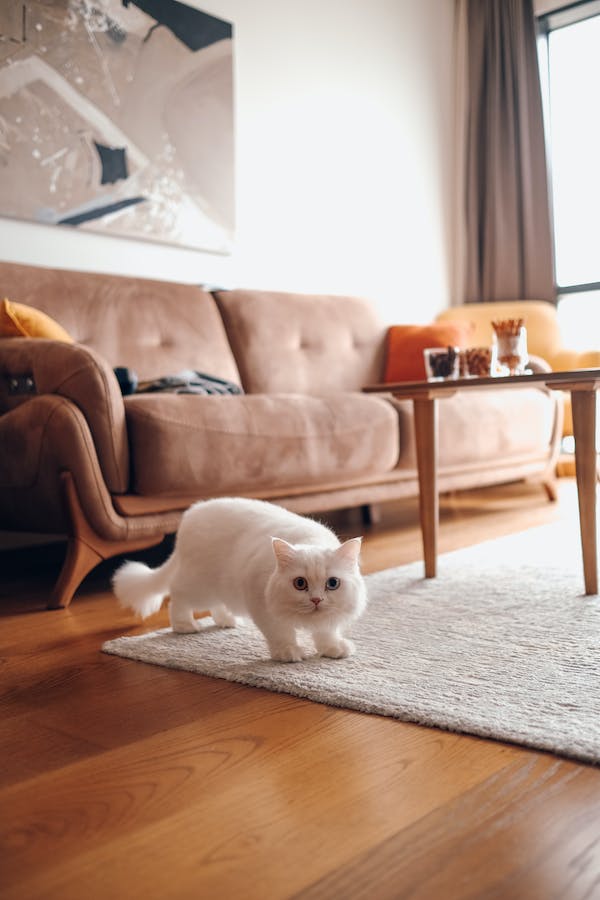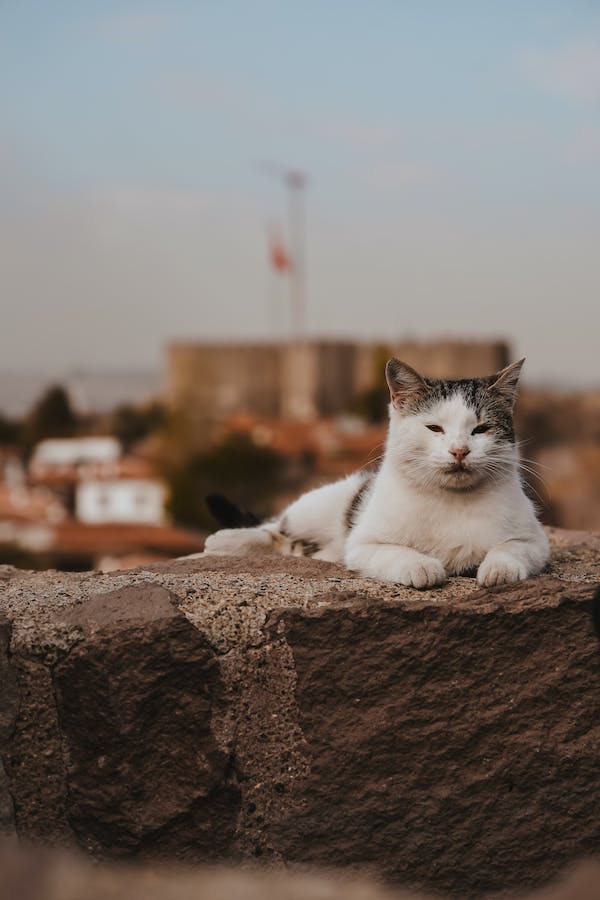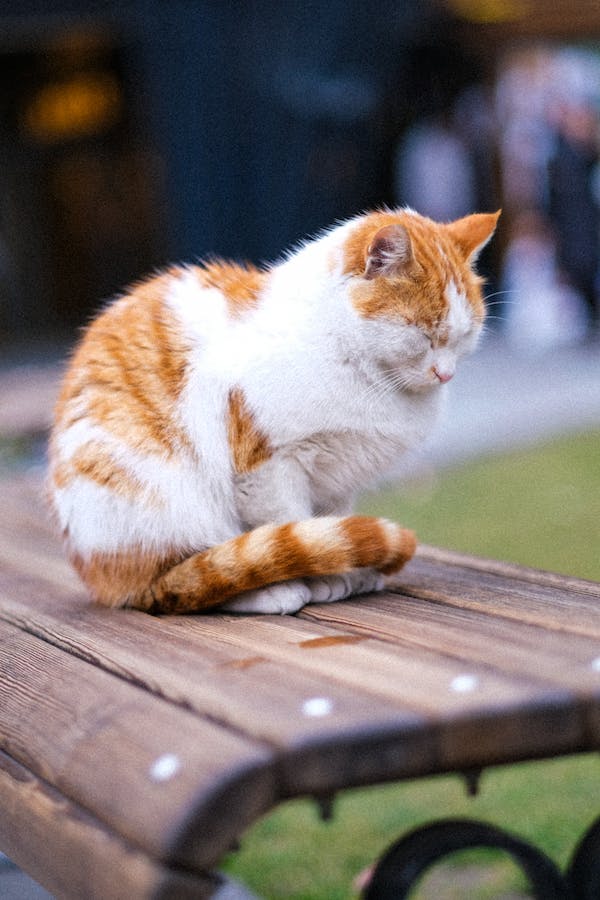
Hello, fellow cat lovers! If you’ve ever found yourself curious about the distinctive behaviors of munchkin cats, prepare for an intriguing journey.
We’re about to delve into the universe of these delightful short-legged felines and unveil the mysteries behind their unique behavior.
So, find a comfortable spot, and let’s embark on a captivating exploration of the world of munchkin cat behavior together.
Munchkin Cat’s Behavioral Traits
Munchkin cats are truly unique, not just in their appearance but also in their behavior.
These little felines exhibit several distinct behavioral traits that make them stand out among other cat breeds.
Let’s dive into the details and uncover what sets Munchkin Cats apart:
Playful nature
Munchkin cats are renowned for their playful disposition.
They have an innate curiosity and a love for interactive play. Their short legs don’t hinder their agility; in fact, they add to their charm as they frolic, jump, and pounce with enthusiasm.
Providing them with toys and engaging playtime is essential to keep their active minds and bodies engaged.
Social and affectionate
Munchkin cats are famous for their sociable demeanor.
They thrive on companionship and relish spending quality time with their human family members.
They actively seek attention and swiftly form strong bonds with their owners.
This quality makes them the perfect choice for anyone seeking a loving and affectionate feline friend.
Vocal communication
Munchkin cats are not particularly reserved when it comes to expressing themselves.
They can be quite chatty and use a variety of vocalizations to communicate their needs and desires.
From meowing to chirping, they’ll let you know when they want to play, eat, or simply snuggle.
Curiosity and exploration
These kitties possess an innate sense of curiosity.
They relish exploring their surroundings, so it’s crucial to provide a safe and engaging environment for them.
Munchkin cats tend to be quite adventurous, so offering them cat trees or secure outdoor spaces to explore will definitely pique their curiosity.
Adaptability
Despite their unique physical characteristics, Munchkin cats exhibit remarkable adaptability.
They can easily adjust to various living conditions and can get along with other pets.
Their friendly and adaptable nature makes them a wonderful addition to households with multiple furry friends.

Common Behavioral Issues of Munchkin Cats
Munchkin cats can experience behavioral issues from time to time.
Understanding these common challenges and how to address them is essential for providing the best care for your furry friend.
Let’s take a closer look at some of the typical behavioral issues that Munchkin cat owners might encounter:
Litter box problems
Litter box issues can affect Munchkin cats, just as they can with any other feline breed.
Cats may refuse to use their litter box due to various reasons, such as a dirty box, a location they find unfavorable, or a medical issue.
It’s crucial to maintain a clean litter box, place it in a quiet and accessible spot, and consult with a veterinarian if the issue persists to rule out any underlying health concerns.
Excessive grooming
Munchkin cats are known for their grooming habits, but sometimes they can take it to the extreme.
Excessive grooming can lead to skin issues and hair loss.
This behavior may be caused by stress, allergies, or parasites.
Identifying the root cause and providing a stimulating environment can help reduce this behavior.
If needed, consult with a veterinarian for guidance.
Weight management
Due to their unique physical characteristics,
Munchkin cats might be more prone to weight-related issues.
It’s essential to monitor their weight and provide a balanced diet and regular exercise to prevent obesity.
Obesity can lead to various health problems, so maintaining a healthy weight is crucial.
Separation anxiety
Munchkin cats are social and affectionate by nature, and they can sometimes develop separation anxiety.
This might manifest in excessive vocalization or destructive behavior when left alone.
To address this, consider providing interactive toys and ensuring they have a comfortable space to retreat to when you’re not around.
Scratching furniture
Like many cats, Munchkin cats enjoy scratching to keep their claws in check and mark their territory.
If they start scratching your furniture, provide them with scratching posts or pads to redirect their behavior.
Using deterrents on your furniture can also help protect it.
Aggression
Aggression can be a concern with Munchkin cats, especially if they feel threatened or territorial.
Proper socialization and early training can help prevent aggressive behaviors.
If aggression does arise, consulting with a professional animal behaviorist may be necessary to address and manage the issue.

Care and Training Your Munchkin Cat
Caring for and training your Munchkin cat is a rewarding journey that ensures their well-being and strengthens your bond.
Let’s dive into the details of how to provide the best care and training for your feline companion:
Feeding your munchkin cat
- Balanced diet: Start with a well-balanced diet appropriate for your cat’s age and activity level.
Grooming Your Munchkin Cat
- Regular brushing: Munchkin cats have a medium to long coat that requires regular grooming. Brushing your cat helps prevent matting and reduces shedding.
- Bathing: Occasional baths can help keep your cat’s coat clean and minimize dander. Introduce your cat to baths gradually and use cat-specific shampoos.
- Nail trimming: Trim your cat’s nails as needed to prevent them from becoming too long and causing discomfort.
Creating a safe environment
- Cat-proofing: Ensure your home is safe for your Munchkin cat. Remove hazards like toxic plants, chemicals, and small objects that could be swallowed.
- Interactive toys: Munchkin cats are playful, so provide them with toys to keep them mentally and physically engaged.
- Scratching posts: Offer scratching posts to satisfy their natural instinct to scratch and keep their claws in check. This also protects your furniture.
- Secure windows and balconies: Munchkin cats are curious and might attempt daring climbs. Ensure windows and balconies are secure to prevent accidents.
Training your Munchkin cat
- Positive reinforcement: Use positive reinforcement techniques to train your cat. Reward good behavior with treats, praise, or affection.
- Litter box training: If needed, gently introduce your cat to the litter box and provide positive reinforcement when they use it correctly.
- Basic commands: Munchkin cats can learn basic commands like sit and come. Be patient and consistent in your training.
Behavior Management
- Addressing behavioral issues: If behavioral problems arise, address them with understanding and patience. Consult with a veterinarian or animal behaviorist if necessary.

Conclusion
In summary, munchkin cats bring a one-of-a-kind and delightful charm to any household that adores feline friends.
Their unique behavioral traits and endearing quirks ensure they’re a constant source of joy and amusement.
By providing them with the proper care and a deep understanding of their needs, you open the door to a fulfilling companionship with your munchkin cat, brimming with affection and moments of sheer delight.


GIPHY App Key not set. Please check settings